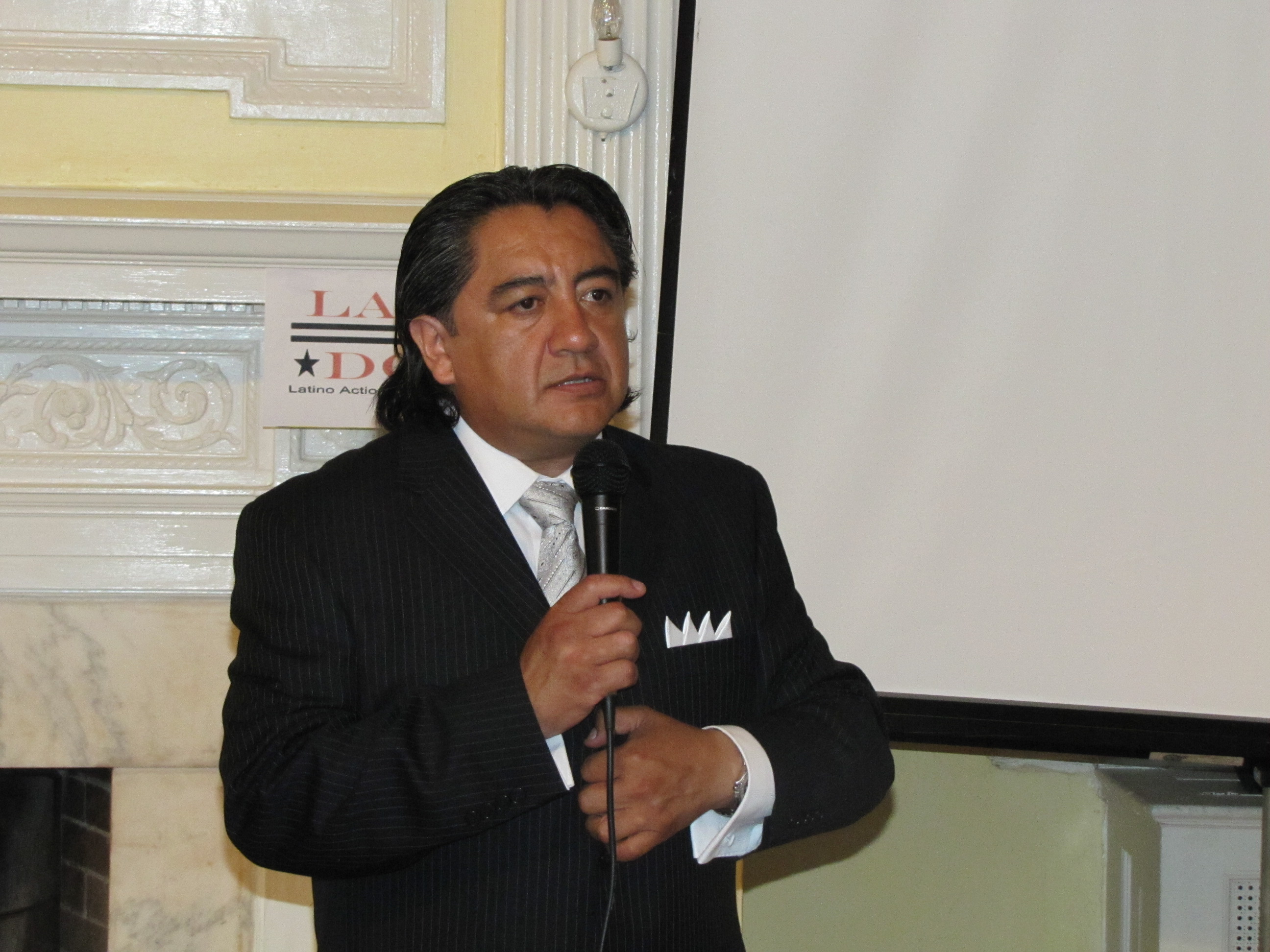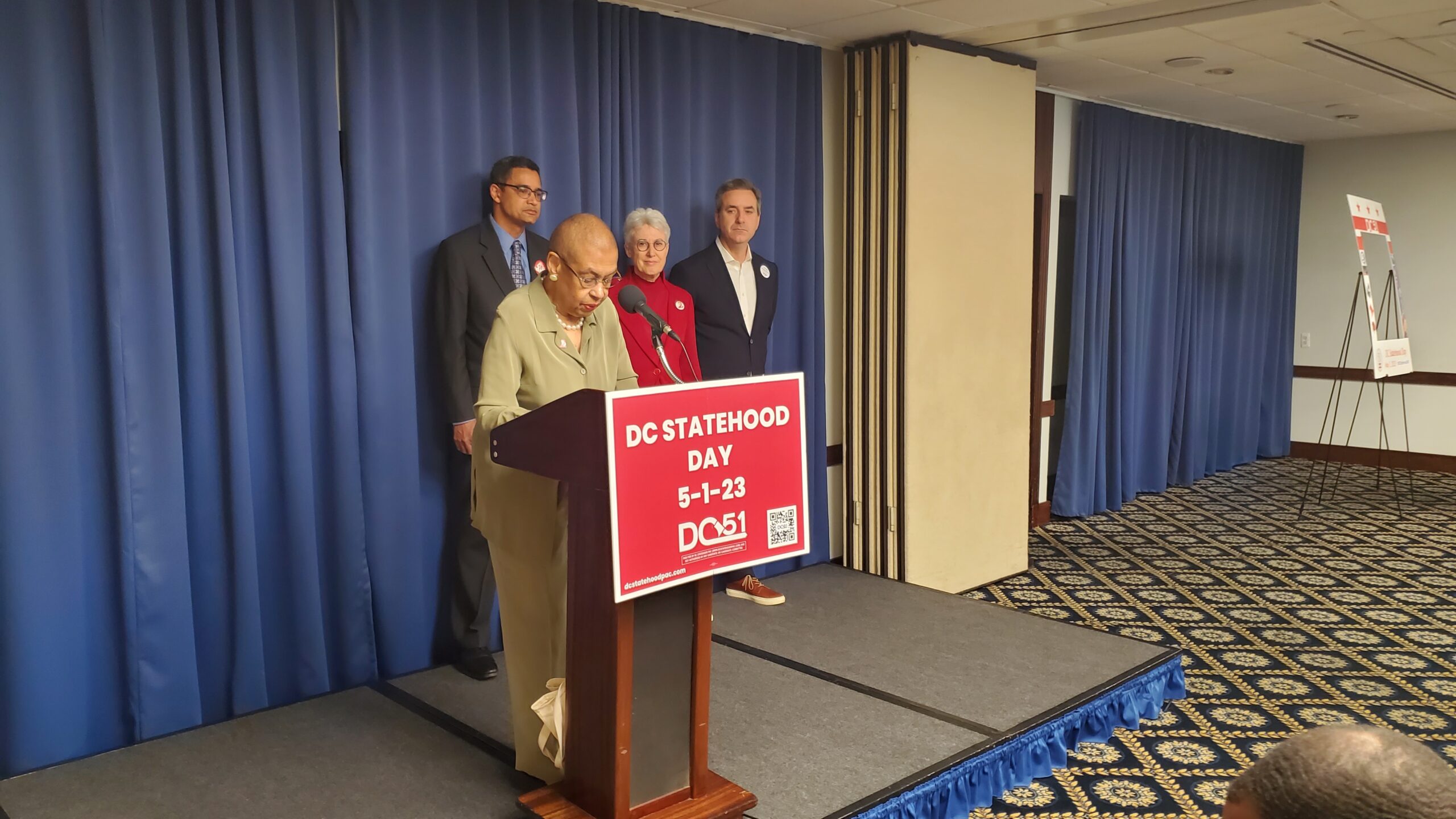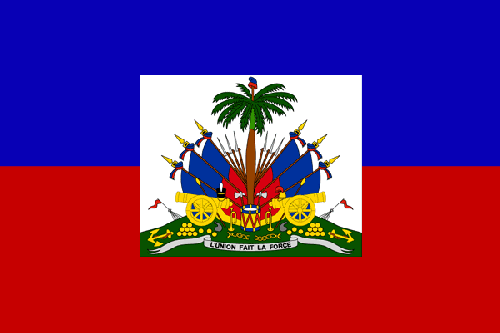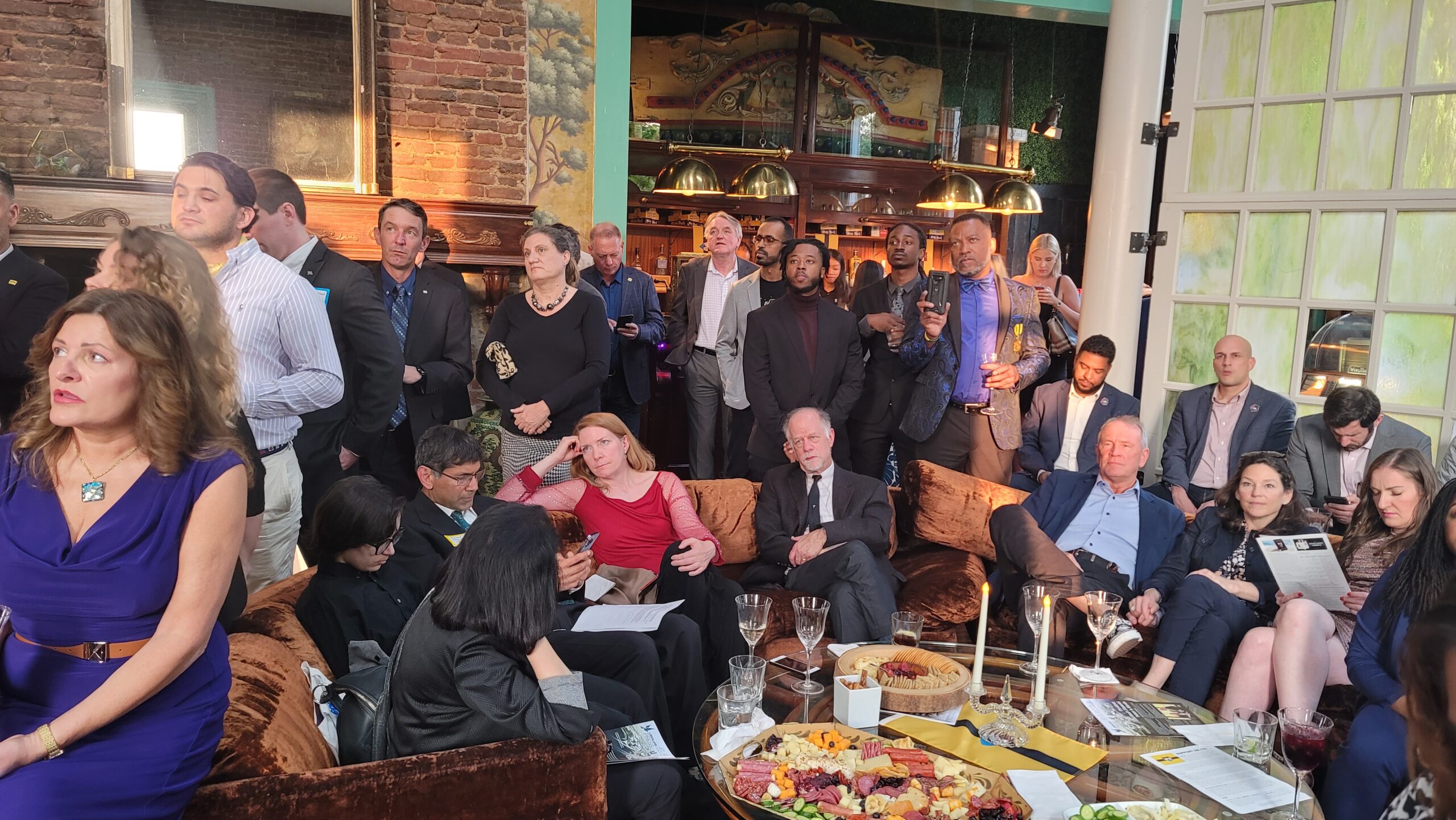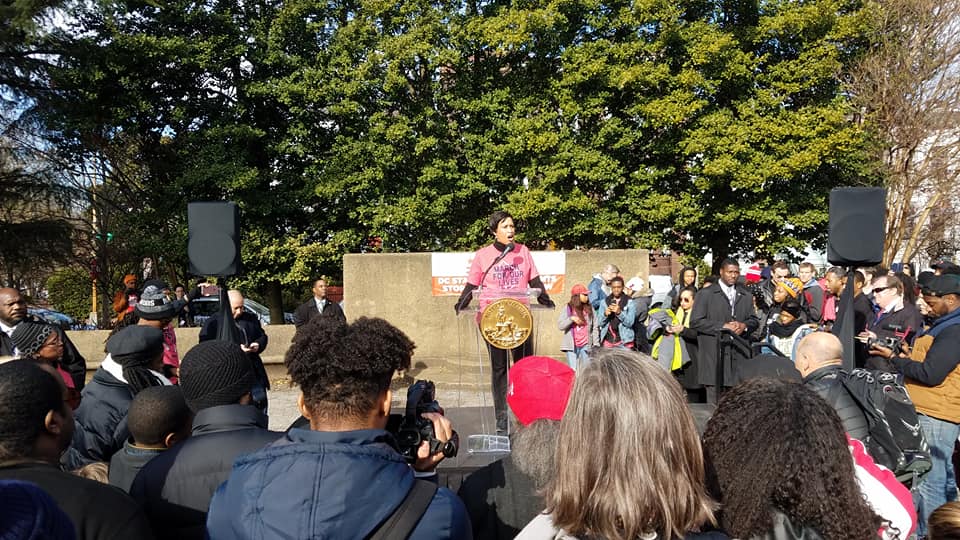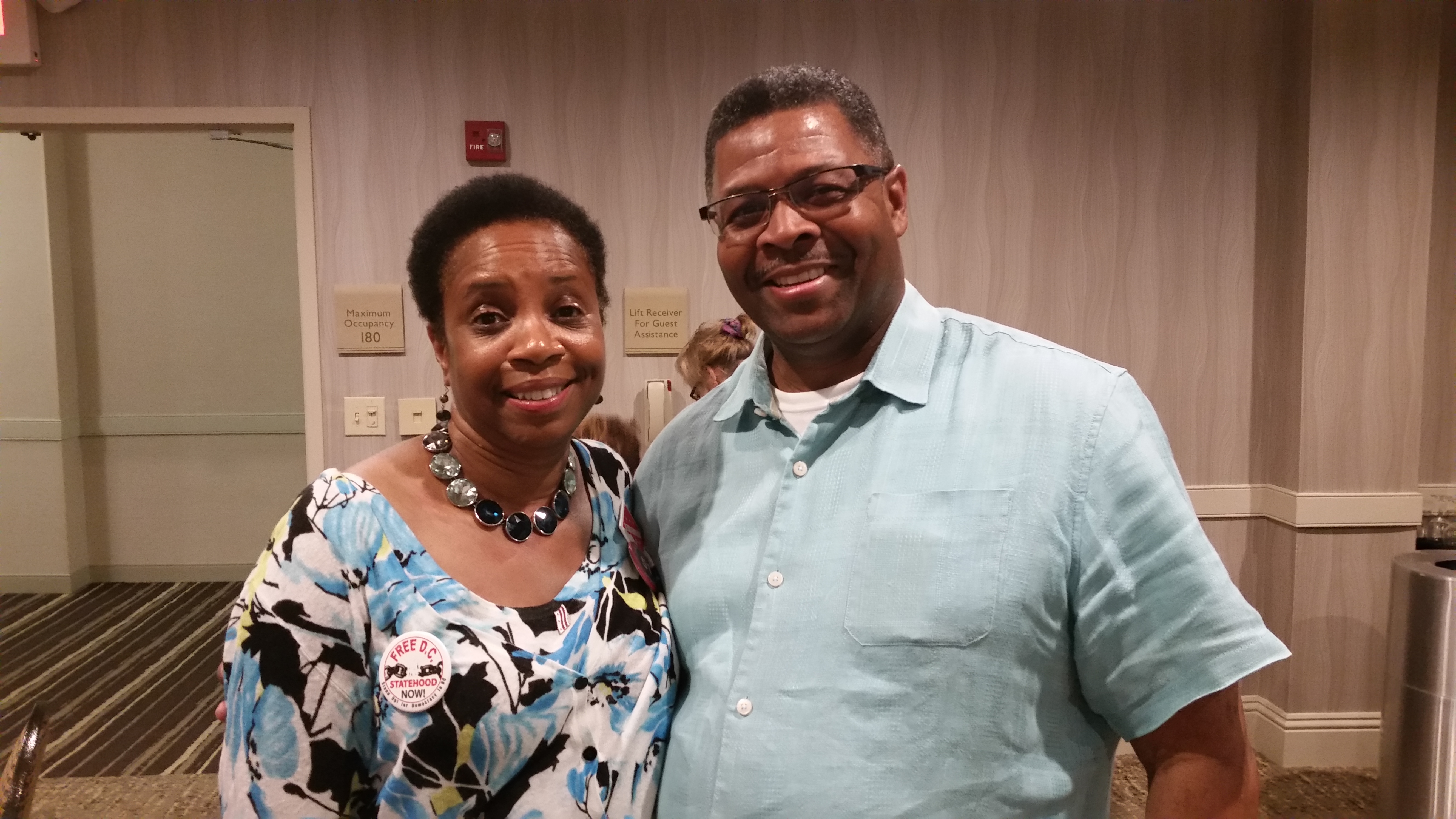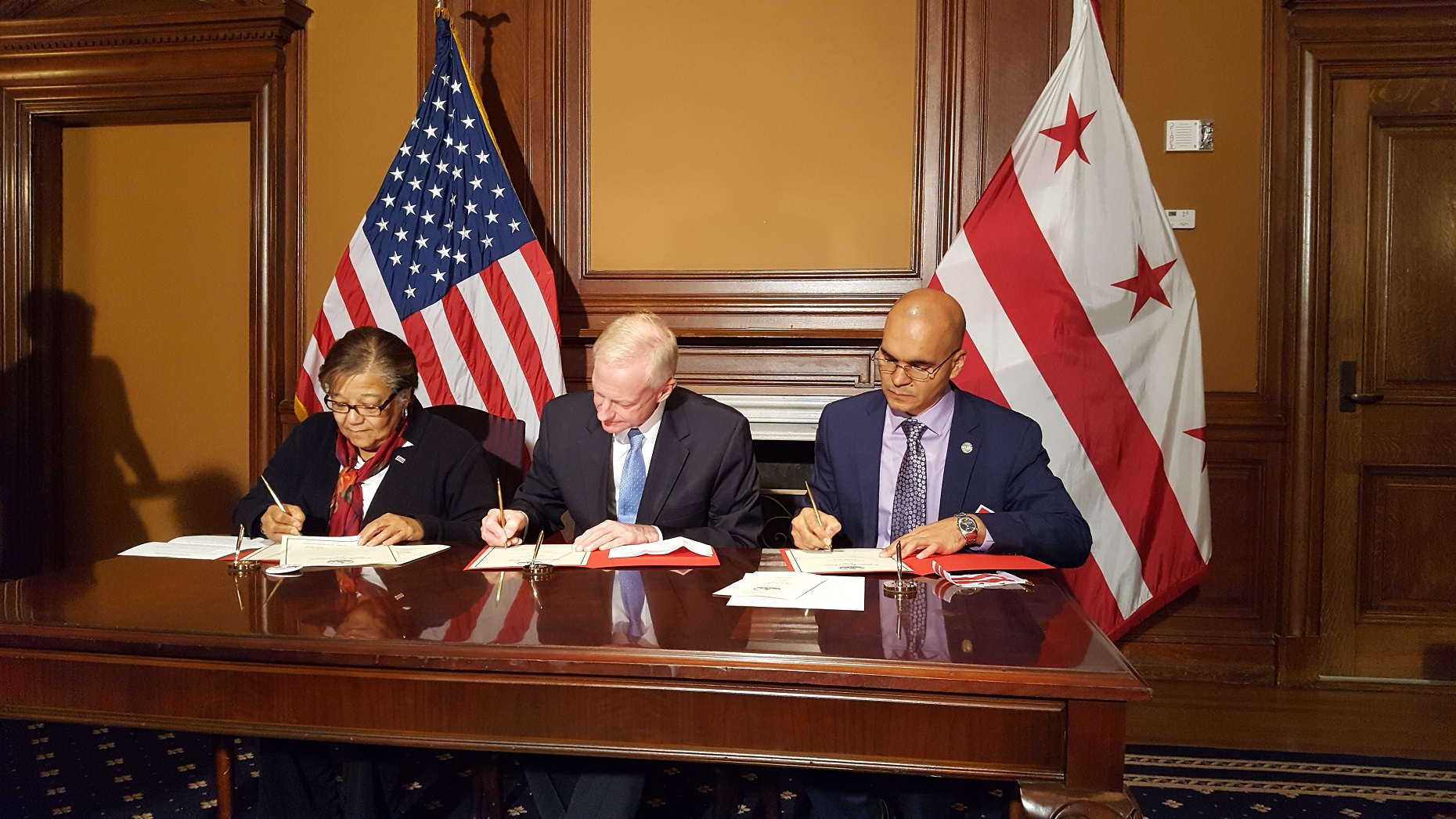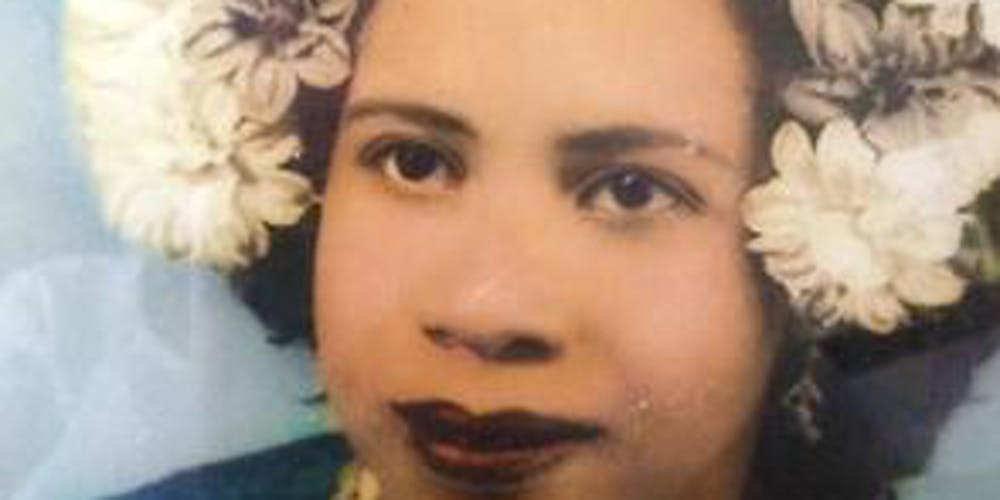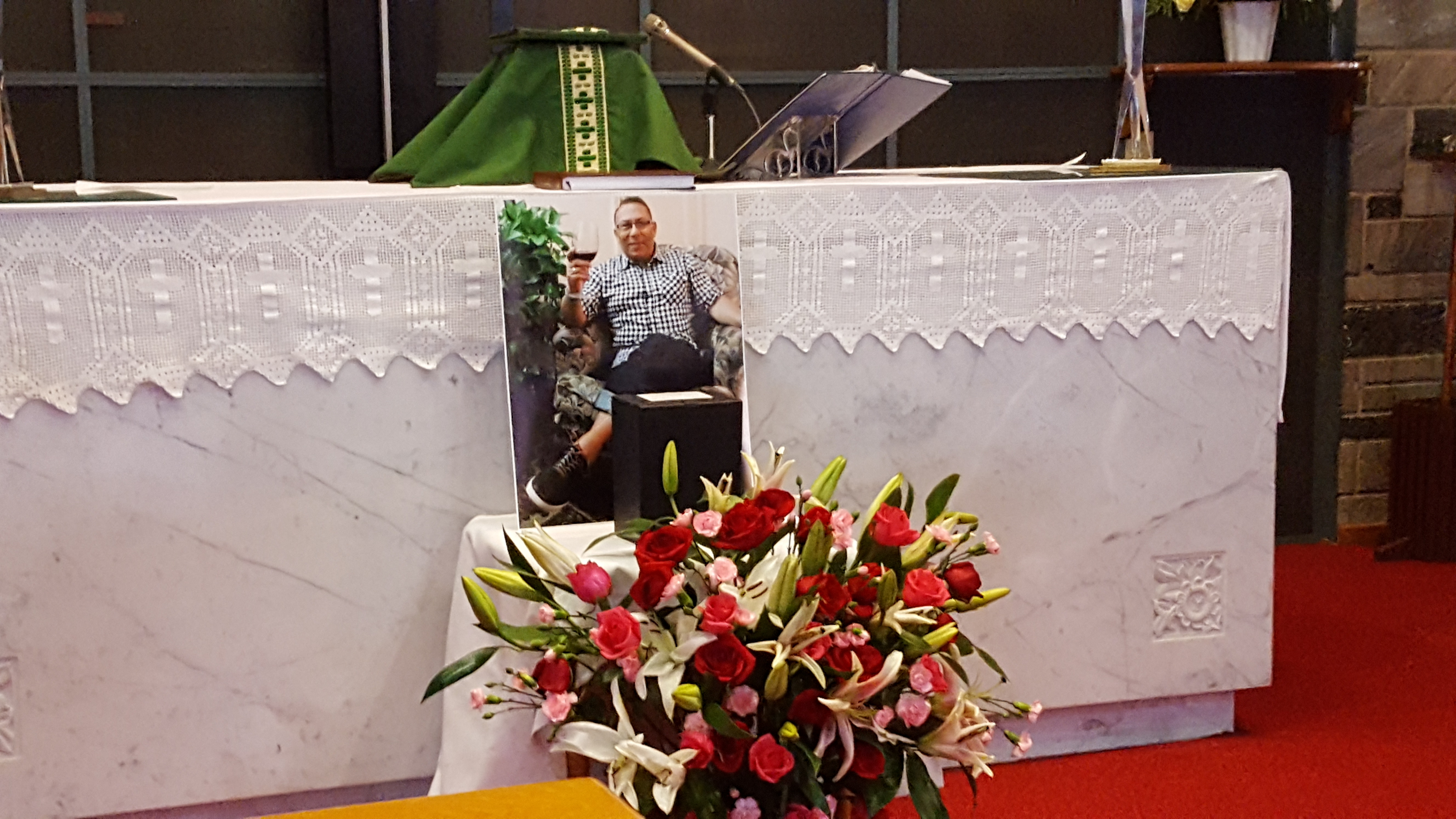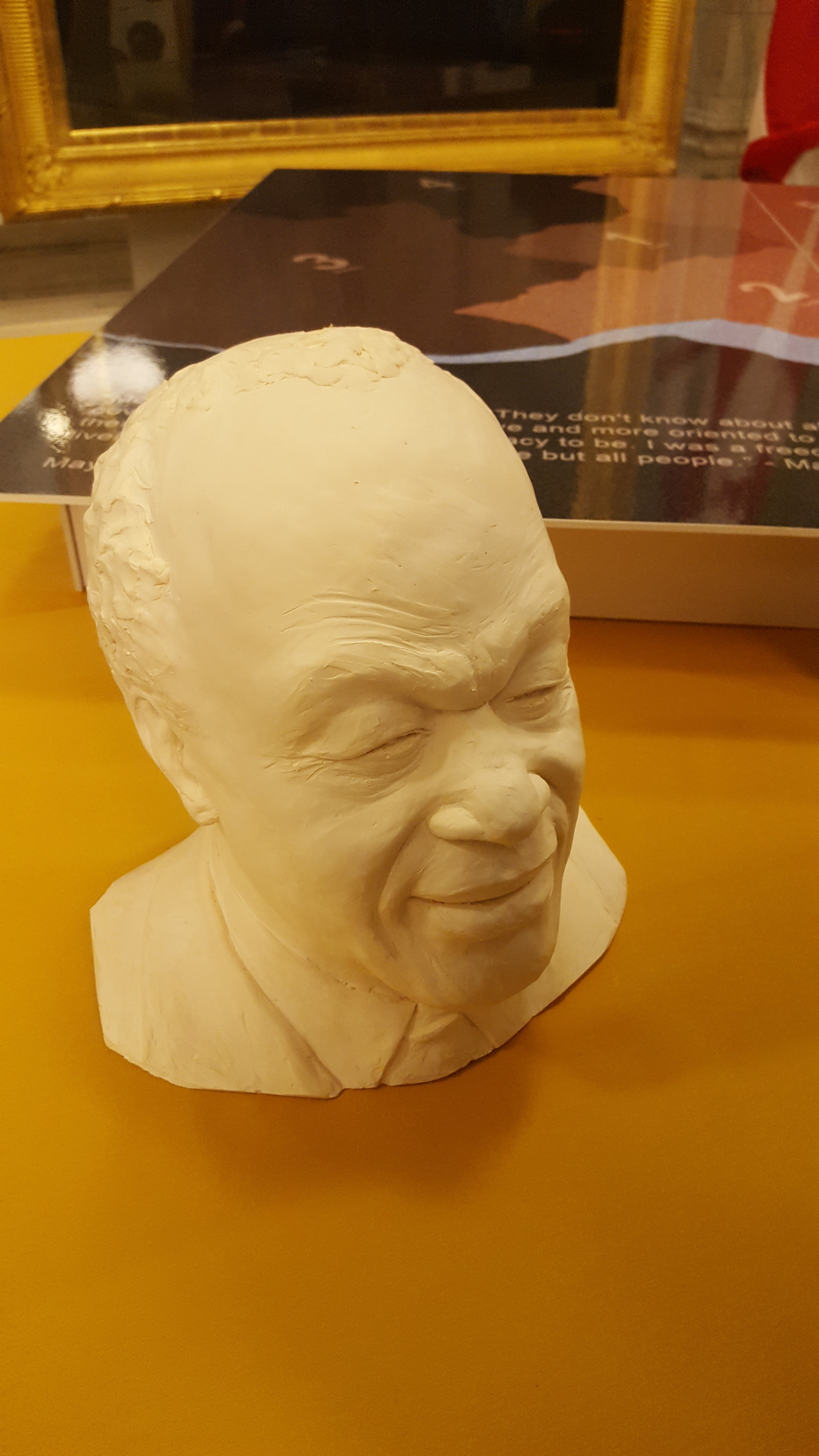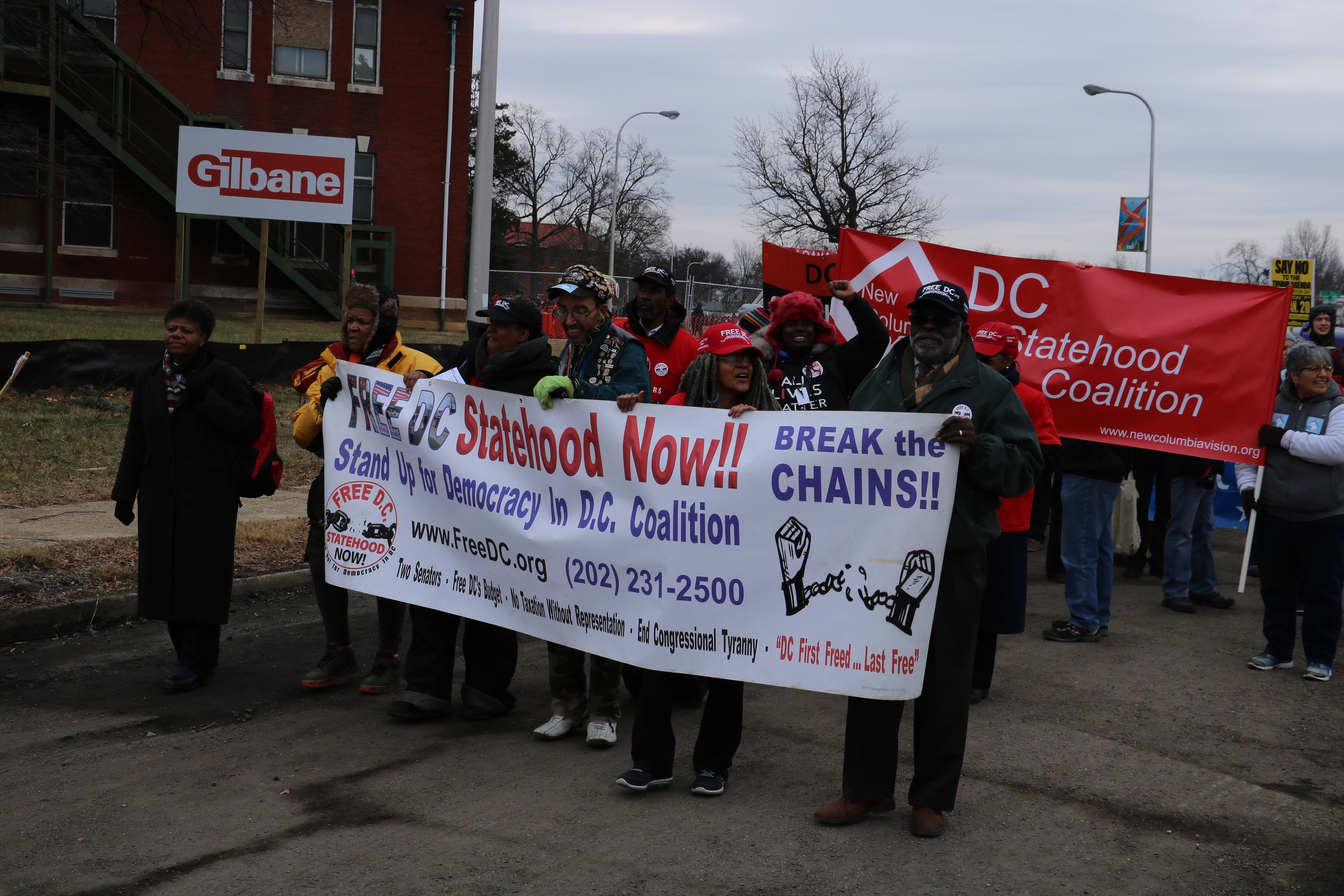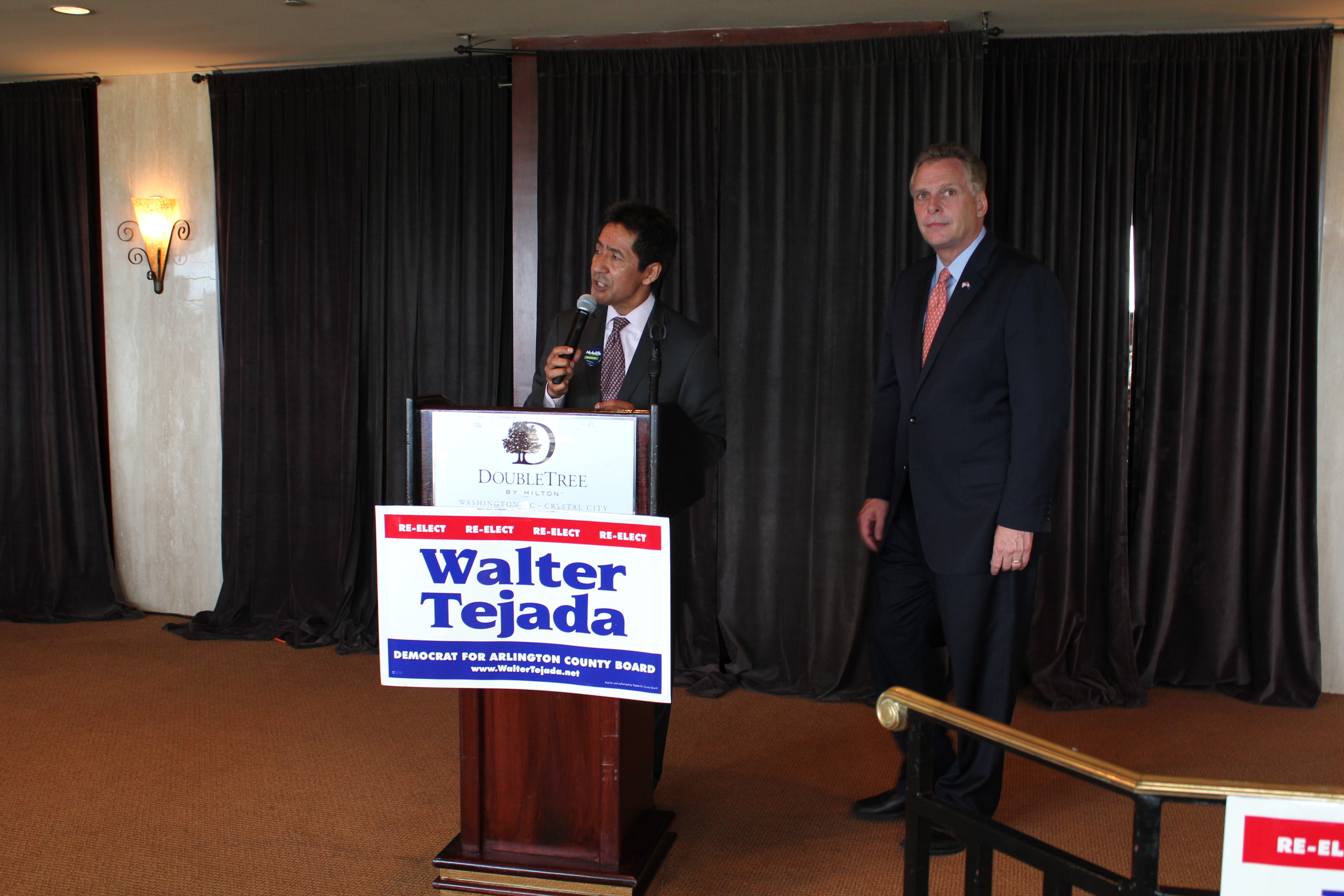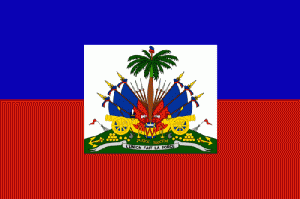 On the 3rd anniversary of Haiti’s devastating earthquake, this timely article is very relevant. The article was written in Spanish by prominent Uruguayan writer Eduardo Galeano in 2004, and published in various newspapers in Latin America. Here is article translated in English:
On the 3rd anniversary of Haiti’s devastating earthquake, this timely article is very relevant. The article was written in Spanish by prominent Uruguayan writer Eduardo Galeano in 2004, and published in various newspapers in Latin America. Here is article translated in English:
By Eduardo Galeano
English translation by Franklin Garcia
The first day of 2004, freedom became two centuries old. No one knew, or almost no one. A few days later, the country of its birth, Haiti, went on to make headlines in some media sources; but not for the anniversary of universal freedom, but because it was the scene of bloodshed which ended with the overthrowing of President Aristide.
Haiti was the first country to abolish slavery. Nevertheless, the best known encyclopedias and almost all the learning texts attribute that historical merit to England. It is true that on a good day, the empire that championed African human trade changed its mind; but the British abolition took place in 1832, three years after the Haitian Revolution. The measure was so weak that in 1833 England had to again introduce laws prohibiting slavery.
There is nothing new with the denial of Haiti’s accomplishments. For two centuries Haiti has been despised and punished. Thomas Jefferson, a defender of freedom and a slave owner, advised that Haiti came out of evil, and that the “pestilence must be confined to the island”. America listened. The United States delayed establishing diplomatic relations and recognizing the most free of nations, by 70 years. Meanwhile, in Brazil, the word “Hatianism” was used to denote chaos and violence. The owners of black labor were spared of “Haitianism” until 1888. That year, Brazil abolished slavery. It was the last country in the world to do so.
Haiti has once again become an invisible country, until its last bloodshed. While making headlines, at the beginning of this year, the media presented an image of confusion and violence and confirmed that Haitians were born to be good at being bad and bad at being good.
Since its revolution, Haiti has only been capable of showcasing tragedies. It was once a happy and prosperous colony and now it is the poorest country in the Western Hemisphere. Revolutions, according to some specialists, lead to abyss. And some have suggested that Haiti’s tendencies to fail are the outcome of its people’s history; being descendants of savages that came out of Africa. The “African damnation”, which elicits chaos and crime. Of the “white damnation,” no one spoke.
The French Revolution had abolished slavery, but Napoleon resurrected it: -What was most prosperous for the colonies? -Slavery. -Let’s bring it back! To reestablish slavery in Haiti, it sent more than fifty ships filled with soldiers. The rebellious blacks defeated France, got their national independence, and free the slaves. In 1804, they inherited dry soil in terrible conditions, because of the sugar plantations, and a country ruined by the war. They also inherited “the French debt”. France assured Haiti paid a high price for the humiliation inflicted on Napoleon Bonaparte. Shortly after its birth, Haiti had to agree to pay a huge indemnity, because of the harm it cost by becoming free. The expiration of the sin of freedom cost Haiti 150 million Gold Francs. The new country was born with a rope around its neck: a fortune that would equate to 21,700 million dollars or 44 total national budgets of today’s Haiti. With rising interest rates, it took over a century to pay the debt. In 1938 it finally paid its final quote. By then, Haiti was owned by American banks. In exchange for all that money, France finally officially recognized the new nation. No other country recognized it. Haiti was condemned to solitude. Not even Simon Bolivar recognized it, even though he owed it everything. In 1816, Haiti had given him ships, weapons and soldiers, with the only condition that he free the slaves; for Bolivar an unconceivable idea. Later, the leader would succeed in his quest for independence and showed his gratitude by giving Port-au-Prince a sword. Recognition, none. In reality, Spanish colonies, which later ended up being independent states, continued the practice of slavery, even though some had laws that forbid it. Bolivar enacted slavery laws in 1821, which went unnoticed for a while. Thirty years later, in 1851, Colombia abolished slavery; Venezuela in 1854.
In 1915 the U.S. Marines landed in Haiti. They stayed nineteen years. The first thing they did was to take over customs and tax collection offices. The occupying military held up the Haitian President’s salary until he gave in to signing the liquidation of the Central Bank, which later became a subsidiary of Citibank in New York. The President and all the other blacks were denied access to hotels, restaurants and exclusive clubs. The foreign invaders wouldn’t dare reestablish slavery, but forced hard labor on blacks and killed many. It wasn’t easy to suppress the resistance movement. To deter them, the head of a guerilla, Charlemagne Peralte, was nailed to a cross on a door and put on display at a public plaza. The curative mission ended in 1934. The occupants left, leaving in place a National Guard, to rule out any possible room for democracy. They did the same in Nicaragua and the Dominican Republic. Later, Duvalier was the Haitian equivalent of Somoza and Trujillo. And so, from dictator to dictator, from promise to
betrayer, the years and misfortunes went by.
Aristide, a rebellious priest, came to the presidency in 1991. He lasted a few months. The U.S. government helped overthrow him, kept him, trained him, and once recycled, handheld by the Marines, returned him to the presidency. And once again, it helped to overthrow him, that year, 2004, amongst bloodshed. And once again, like a bad cold, came the U.S. marines.
But the international experts were worse than the invading troops. A country succumbed to the powers of the World Bank and the International Monetary Fund, Haiti followed its directives by the book. The outcome was the denial of bread and butter. Haiti had credit frozen, in spite of having dismantled the government and liquidating all tariffs and subsidies that protected national production. Farmers, rice growers, which were most, became beggars and left to battle the brave sea. Many have, and continue to end at the bottom of the Caribbean Sea, but they are not Cubans, and hardly anyone reads about them. Now Haiti imports all of its rice from the United Sates, where international experts have forgotten to limit tariffs and subsidies that protect domestic production.
In that daring hell, all are sculptors. Haitians have a way of picking up cans and old metal, and through old techniques, cut and mold them, using their hands to create wonders that are sold in local markets. Haiti is an outcast, that has borne an eternal punishment because of its dignity. There it lies as a rotted metal. It awaits the hands of its people.
Follow Franklin Garcia on Twitter: www.twitter.com/fgarciadc




